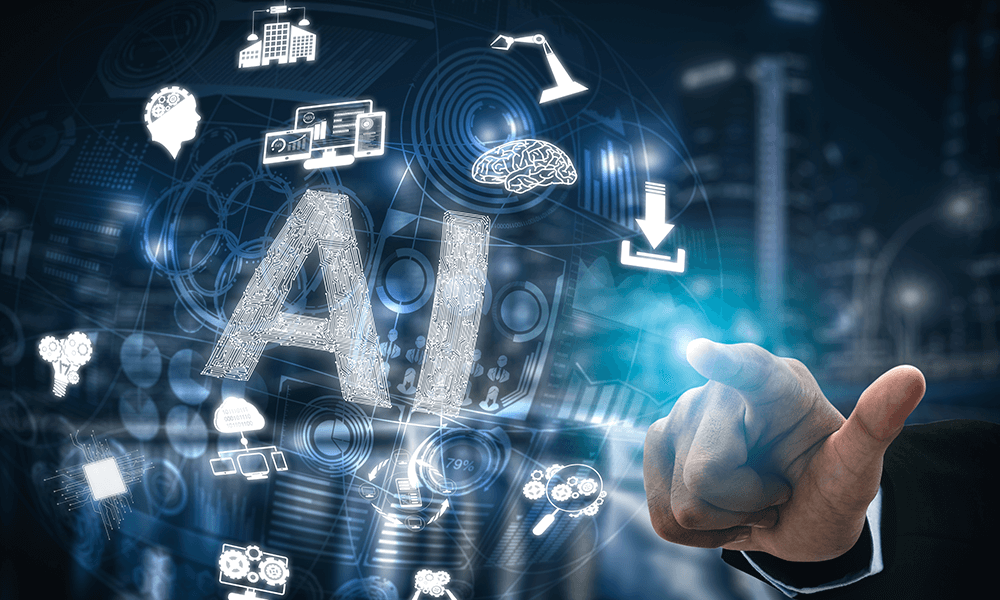Inquire
The Future of Artificial Intelligence and Its Impact on Society.

The future of artificial intelligence (AI) holds immense potential to transform society in various ways. Here are some key points about its impact:
1. Automation and Job Disruption: AI is likely to automate many tasks across industries, leading to changes in the job market. While it may create new job opportunities, certain roles may become obsolete, necessitating the need for upskilling and reskilling the workforce.
2. Ethical Concerns: As AI systems become more advanced, ethical considerations become crucial. Issues like bias in algorithms, privacy concerns, and the responsible use of AI need to be addressed to ensure fairness and avoid negative consequences.
3. Healthcare Revolution: AI can revolutionize healthcare by improving diagnostics, drug discovery, and personalized treatment plans. AI-powered medical devices and virtual health assistants could enhance patient care and reduce medical errors.
4. Transportation and Mobility: Self-driving cars and AI-based traffic management systems have the potential to revolutionize transportation, making it safer, more efficient, and reducing congestion.
5. Education and Learning: AI-driven adaptive learning platforms can personalize education, catering to individual students' needs and enhancing the learning experience.
6. AI in Creativity and Art: AI-generated art, music, and literature have been gaining popularity, raising questions about the nature of creativity and the role of AI in artistic expression.
7. Cybersecurity and AI Defense: AI can be both a powerful tool for cybersecurity and a potential threat if misused by malicious actors. AI-driven cybersecurity systems can bolster defense against cyber-attacks but could also be employed by hackers to devise sophisticated threats.
8. AI and Governance: Governments will need to develop policies and regulations to manage AI technologies and ensure they are used responsibly, ethically, and for the benefit of society.
9. AI in Environmental Sustainability: AI can aid in monitoring and managing environmental issues like climate change, deforestation, and pollution through data analysis and predictive modeling.
10. AI and Human-Machine Interaction: The development of more advanced AI systems may raise questions about human-machine relationships and the ethical implications of human-like AI entities.
As AI continues to advance, it is crucial for society to engage in open discussions, collaborate, and shape its development to ensure it aligns with human values and promotes a better future for all.

- Managerial Effectiveness!
- Future and Predictions
- Motivatinal / Inspiring
- Other
- Entrepreneurship
- Mentoring & Guidance
- Marketing
- Networking
- HR & Recruiting
- Literature
- Shopping
- Career Management & Advancement


 SkillClick
SkillClick